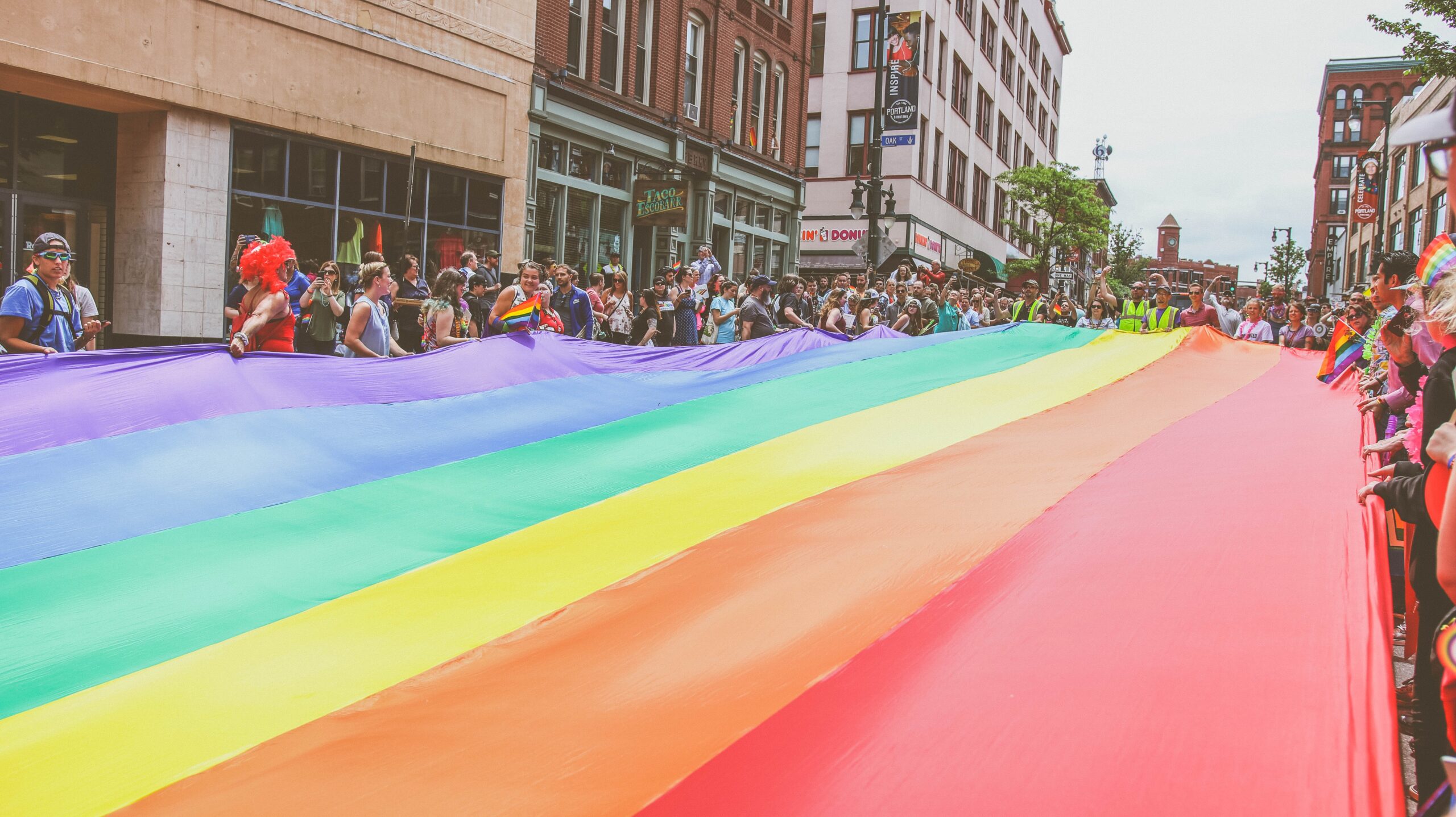By Fabio Pipinato* Opinion News Agency
Let us try to take a scientific and statistical approach to the two countries in conflict in Europe in order to get to know them a little better. We will help ourselves with classifications drawn up by various sources (UN agencies, periodicals, forums). We will also try to include Italian data to show where we stand in relation to countries at war.
Let us start with the GPI – Global Peace Index which is produced on an annual basis with more than 22 different indicators (conflicts, weapons, feminicide, homicides, etc…) and is developed by the Institute for Economics and Peace (IEP) based in Sydney, Australia. It is an attempt to classify states according to factors that determine their state of peace. Nobel Peace Prize winners such as Muhammad Yunus, whom I had the honour of inviting to Italy when he was not yet Nobel Peace Prize winner and whom we will be lucky enough to meet again at the next festival of economics, cooperate in the elaboration of this index. The GPI photographs 163 states out of 192 and places Russia in 154th place and, therefore, among the 10 worst in the world, and Ukraine in 150th place with only four countries left. Italy is 39th.
The DI – Democracy Index, on the other hand, is calculated by the weekly The Economist and examines the state of democracy in 167 countries out of 192. This is quantified by the Economist Intelligence Unit Index of Democracy which focuses on five general categories: electoral process and pluralism, civil liberties, function of government, political participation and political culture. According to the 2021 survey, Norway scores the highest with a score of 9.75 on a scale of 0 to 10, while Afghanistan scores the lowest with a score of 0.32. Italy is ranked 31st with a score of 7.68, making it a country with an imperfect democracy. Russia is ranked as an ‘authoritarian regime’ in 124th place, while Ukraine is considered a ‘hybrid regime’ in 86th place. The distance between the two countries is 28, which is a huge amount, especially between neighbours with a shared history.
The Human Development Index (HDI) is a comparative index of country development calculated by the UNDP (United Nations Human Development Programme) taking into account life expectancy, education and gross national income per capita. It has become a standard tool for measuring a country’s well-being. This index divides the world into 4 categories: HDI very high, high, medium and low. Italy and Russia belong to the first group, ranking 29th and 52nd respectively, while Ukraine is in the second group, ranking 74th out of 190 monitored.
Reporters Without Borders publishes its annual ranking, which takes into account not only the harassment suffered by journalists but also the closure of newspapers. In recent years, Italy has fallen to 41st place, practically last in the West, while Ukraine is 96th and Russia 152nd (among the world’s top 30 countries). China, Russia’s new great ally after the Winter Olympics, is only three countries behind it, ranking fourth last in terms of press freedom in the world.
The World Economic Forum – WEF compiles the “Global Gender Gap Index” and thus the gender equality gap. For each country, the index sets a standard for the gender gap based on economic, political, educational and health criteria. Surprisingly, we find Ukraine in 57th place, Italy in 73rd and Russia in 78th, demonstrating that it is not enough to claim to be liberal if real reforms and policies do not follow. The WEF also has the task of drawing up a pro-business ranking and, therefore, assessing which countries constantly supply electricity regardless of the sources (gas, oil, hydroelectric or renewable). And here we find Italy in 35th place, Russia in 59th and Ukraine in 85th out of 137 monitored. Of course, this is pre-war data as we know that many Ukrainian power plants are about to be destroyed.
Environmental performance index (EPI) is an index of environmental sustainability that quantifies numerically the environmental performance of a country. It is compiled by Yale and Columbia University for 180 countries. The greenest country is Switzerland while the least “environmentally conscious” is Burundi. The term “least green” does not apply to Burundi, which turns green after heavy rains. Here, Italy is fortunately in 16th place, while Russia is 52nd and Ukraine 108th out of 180 countries.
Needless to say, peace raises all indices in all countries, while war lowers them. According to Professor Della Sala, who spoke at “Pensiero Riformista”, the current aggressors are assuming that there is no positive-sum rise (as Thatcher theorised, describing globalisation as a high tide that raises both the yacht and the dinghy at the same time) but a zero-sum one (the rise of one state corresponds to the fall of another). A dangerous theoretical assumption because it justifies war as a war of survival at the expense of others.
…………………*Graduated in Political Science – International Relations. He had the opportunity to do international cooperation in Rwanda (1993-94) where, unfortunately, the genocide has interrupted the presence and in Kenya (2001- 2003) as a collaborator for public relations in the reforestation project Tree is Life. He founded Unimondo, Italian node of OneWorld; a portal that talks about peace, development and environment. He is currently president of CTA Trentino (Centro Turistico Acli), vice-president of Ipsia del Trentino (Istituto Pace Sviluppo Innovazione Acli) and national Ipsia. Translated with www.DeepL.com/Translator (free version)


